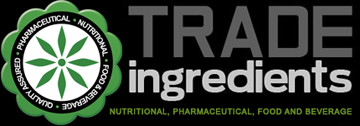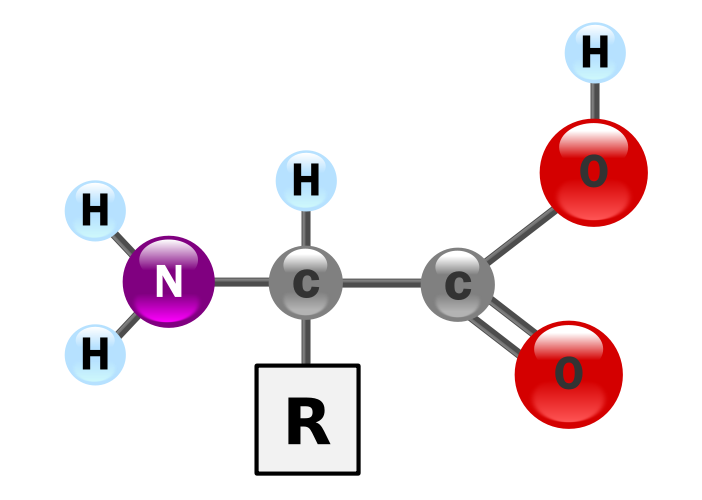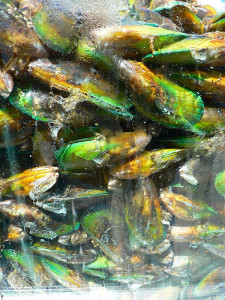Vitamin C, also known as ascorbic acid, is one of the most well known and researched nutrients, but what exactly are the benefits, where can it be found? Vitamin C is usually associated with Oranges but it can also be found in many other fruit and vegetable such as Papaya, kiwi, broccoli and kale to name a few. Vitamin C is also often associated with the winter and a prevention for the common cold, but boosting your immune system is just one of the many benefits of Vitamin C.
- Immune system
As already mentioned, Vitamin C is often used to boost the immune system, for example, to help fight the common cold, particularly in the winter. Vitamin C is required by the immune system as a stimulant for white blood cell production. It is these blood cells that are important in protecting the body from infections or virus’. Unfortunately, there is no cure for the common cold, but studies have shown that continuous daily supplementation of Vitamin C can reduce the chances of developing a cold, as well as reducing the severity and duration of them. Studies have also shown that a diet deficient in Vitamin C can have a significant impact on the general immune system functions.

- Antioxidant
The definition of an antioxidant is something which stop the oxidation of another compound. When food is converted into energy by the human body, reactive oxygen species are produced. These reactive oxygen species, or free radicals, want to react with other compounds in the body and can potentially be dangerous. Our bodies are designed to cope with a limited amount of these free radicals, but when our systems are stressed, the levels of these free radicals can increase significantly causing cell damage. This is where Vitamin C can come in useful. As an antioxidant, Vitamin C can react with these free radicals before they react with other compounds in the body and neutralise their effect.
- Skin Health
Collagen is an important protein that provides structure to many tissues found in the body such as cartilage, ligaments, tendons, teeth, skin, eyes and many more. It is continuously made by the body for the purposes of growth and repair. Vitamin C is required to regulate the processes of products the collagen protein. As we get older our ability to make collagen lessens and we end up with wrinkly skin and aching joints. If the levels of vitamin C in our bodies are not sufficient enough, it will affect the bodies ability to produce the collagen protein. It is therefore important to ensure that sufficient Vitamin is available.
- Mental Health
The human brain is a big consumer of vitamin C and concentrations of Vitamin C within the brain are higher than anywhere else within the rest of the body. One of the many roles Vitamin C plays within the brain is in the central nervous system and the speed at which impulses are transmitted, making Vitamin C extremely important for cognitive performance. Vitamin C also converts dopamine to serotonin. Low levels of serotonin are linked to higher levels of anxiety and depression. Studies have shown that stress and anxiety can be symptoms of a vitamin C deficiency.


 Vitamin C, also known by its more scientific name, Ascorbic Acid, has long been known as an important element of human health; who among us hasn’t heard the ominous tales of medieval sailors crippled by scurvy? While you probably associate Vitamin C with powders and supplement tablets that you take to prevent the common cold and feel your best, you may be surprised to learn about some of the more interesting details about this wonder vitamin and ascorbic acid powder. Here are five of the most remarkable facts about Vitamin C.
Vitamin C, also known by its more scientific name, Ascorbic Acid, has long been known as an important element of human health; who among us hasn’t heard the ominous tales of medieval sailors crippled by scurvy? While you probably associate Vitamin C with powders and supplement tablets that you take to prevent the common cold and feel your best, you may be surprised to learn about some of the more interesting details about this wonder vitamin and ascorbic acid powder. Here are five of the most remarkable facts about Vitamin C. Used as a protein enriched flavour enhancer in various forms of fishing bait. Green Lipped Mussel Powder can be added directly to ground bait mixes or during the cooking process when boiling hook baits. Both flavouring and aroma are incredibly potent when fishing for various breeds of fresh water and sea fish. A real favourite with carp anglers, attributing specimen catches throughout Europe and Asia to the Power of the Green Lipped Mussel and derivatives, such as Green Lipped Mussel Powder.
Used as a protein enriched flavour enhancer in various forms of fishing bait. Green Lipped Mussel Powder can be added directly to ground bait mixes or during the cooking process when boiling hook baits. Both flavouring and aroma are incredibly potent when fishing for various breeds of fresh water and sea fish. A real favourite with carp anglers, attributing specimen catches throughout Europe and Asia to the Power of the Green Lipped Mussel and derivatives, such as Green Lipped Mussel Powder.